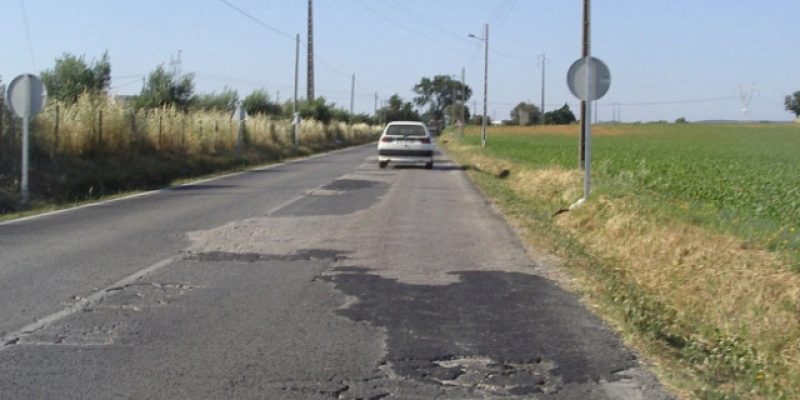The deal struck in the Louisiana Legislature to advance roads construction works well on many levels – if lawmakers resist falling into a trap.
State senators whipsawed again HB 514 by Republican state Rep. Tanner Magee. Starting in fiscal year 2023, the bill will steer a quarter, then for FY 2024 half, and finally for FY 2025 and thereafter three-quarters, of the estimated $500 million a year in vehicle sales taxation away from the general fund and towards transportation infrastructure. Something close to its present form should emerge from conference before the end of the session.
The instrument hardly resembles its original posture, which would have taxed medical marijuana and sent a portion of that to roads. In the interim, it became a vehicle for extending one temporary sales tax and making another permanent, dedicating much of that to roads.
Fortunately, wiser heads prevailed and senators transmogrified it into its current, vastly superior approach to the goal of increasing money available to counter a roads backlog in the neighborhood of $14 billion. It doesn’t raise taxes as in its prior form or through a hike in excises at the pump. It also does better in matching form to function; as vehicles use roads, their sale reasonably relates to roads funding.
Best of all – potentially – it creates pressure to rid government of unnecessary expenditures. Practically speaking, it lops off $125 million available for general fund expenditures in FY 2023, tripling that in two years’ time. Possibly economic growth that translates into higher tax revenues will fill this gap, but, regardless, this becomes money that doesn’t go out the door for something else.
This enforced constraint in spending hopefully requires choices in where to stop funding. The low-hanging fruit remains the same: phasing out the Motion Picture Investors Tax Credit and dumping the Earned Income Tax Credit and Medicaid expansion more than offsets the revenue diversion.
A hybrid approach that makes for more efficient use of resources shifts Medicaid waiver services into managed care, which would save money but also increase revenues because of a policy tax on each client. Add that in, and there’s $650 million annually – money that should be saved regardless of whether a revenue hole opens.
Advertisement
However, the reverse reaction looms as a possible negative outcome. When the hole opens – and keep in mind that next year’s budget already has a projected gap of $443 million, plus it doesn’t incorporate the desirability of making $700 million in flood protection payments over that year and the next – pressure will rise for tax increases rather than the commonsense spending cuts mentioned above and others, from those with a vested interest in keeping outsized government.
As next year is a general session, no tax increases can occur in the regular session. The next year when these could will be an election year that should dampen legislator enthusiasm to reach into the people’s wallets. The year after, the last before the full transition, again constrains lawmakers from raising taxes – but then the 2016/18 sales tax increase of .45 cents rolls off.
So, assuming the state cobbles together the flood control payments the next two years as it did this year, each year for the next four after FY 2022 presents a deficit of several hundred million dollars. Last time something like this appeared, legislators buckled and authorized the 1 percent sales tax increase of 2016, later trimmed in 2018 to the 0.45 percent hike.
Thus, this and the next crop of legislators will have to have firmer resolve than their predecessors. The revised HB 514 offers an excellent opportunity to start right-sizing Louisiana government, but spineless legislators could pervert this to cause the opposite.
Advertisement
Advertisement

